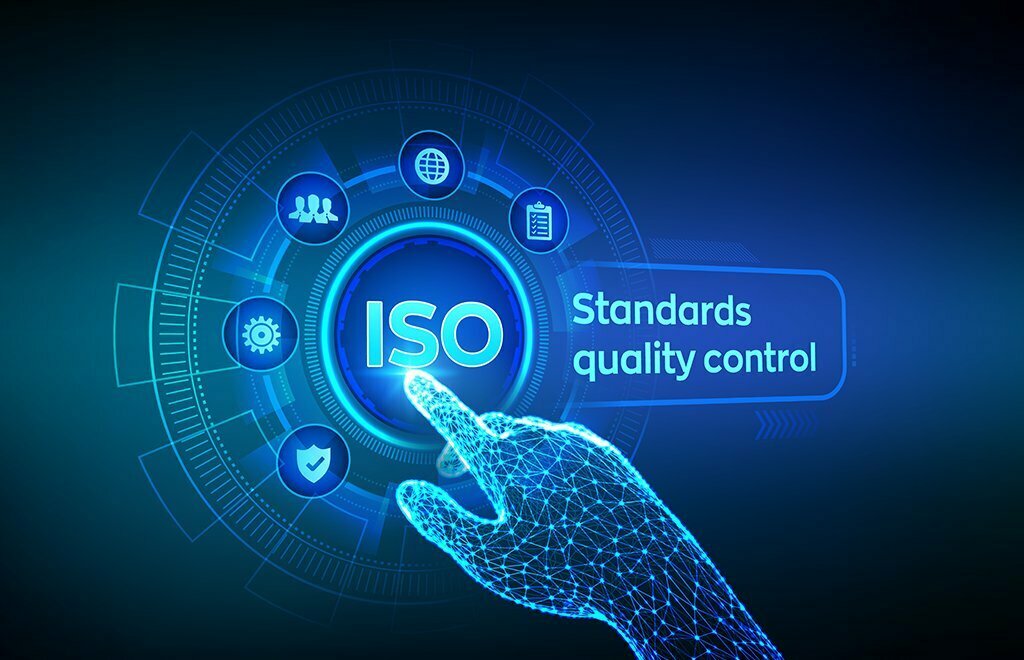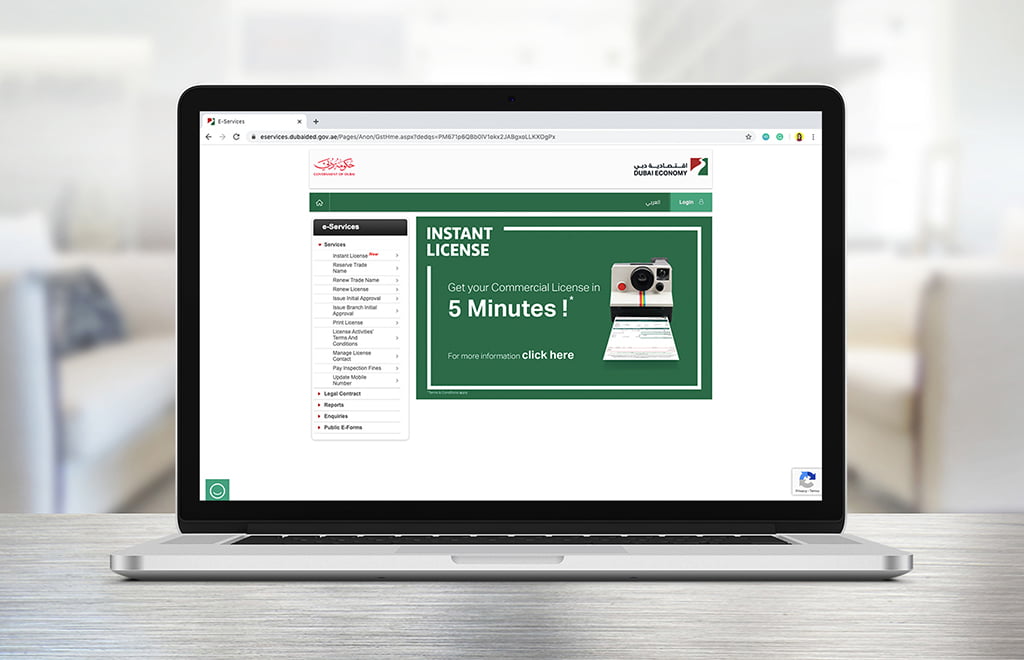Whatever the reasons for seeking compliance and certification, many organisations fail to capitalise on the potential benefits that ISO 9001 accreditation can bring. These organisational benefits can include process improvements, reputation benefits, and cost savings, as well as ensuring consistency of product and delivering customer satisfaction.
MAKING THE MOST OF ISO 9001
The sooner an organisation realises that an ISO 9001 accreditation is actually a marketable tool, the sooner that organisation will be able to expand its business using that very accreditation as a foundation. The organisation should know that new markets are open to operate in that previously would have been closed, for example:
- Ability to tender for local and national government contracts: These opportunities will increase due to most entry levels stipulating ISO 9001 accreditation. However, these contracts will not come looking for the organisation- your appropriate departments will need to investigate, register, and prepare the team for the bidding and presentation process ahead.
- Ability to trade with larger businesses: Many blue-chip organisations simply refuse to trade with organisations that do not have ISO 9001 as a starting point. The organisation will now be qualified to seek associations and partnerships with larger operations showing that it cannot only provide added value to their supply chains but can use ISO 9001 accreditation as proof of its credibility and commitment to customer satisfaction.
USING ISO 9001 AS LEVERAGE IN BUSINESS
Presenting your organisation as an ambitious and capable partner can be challenging; but, using ISO 9001 principles, it is a task you can embrace. Whether on a face-to-face level or presenting at trade shows, or even recording video marketing presentations – which is a modern, but effective marketing tool – your organisation can promote the use of ISO 9001 quality management principles to advertise its qualities:
- Customer Satisfaction – Your organisation can correctly claim that the desire to be accredited against ISO 9001 comes from the intrinsic company ethos, which is to provide unrivalled quality of product and service to the end user.
- Customer Focus – One of the advantages your organisation can claim over larger conglomerates is better customer focus and service. A more timely and effective reaction to the customer and any problems can be seen as an excellent selling point, and utilising examples of its customer feedback and corrective action processes, your organisation can demonstrate an edge in this area.
- Emphasize Your Operational Control – If you are in a service or manufacturing environment, almost nothing is more impressive than displaying operational control and consistency of product. Again, this is something that many larger organisations find more difficult to control, and whether providing non-conformity rates, displaying process documents, or offering facility visits, this is another area in which your organisation can claim advantage over the larger corporation.
- Continual Improvement – The ability to improve and demonstrate to a potential customer is a valuable bargaining tool. Evidence of continual improvement can demonstrate a willingness to listen, take action, and improve – again, a quality that is often slower to be demonstrated within larger organisations where things often happen more slowly.
ADVERTISING ISO 9001 TO THE BENEFIT OF THE ORGANISATION
Your organisation should understand the rules of advertising its ISO 9001 accreditation by ensuring that the correct logo is used on your website and stationery, if desired. Look to join local trade organisations, which will allow you to network with new potential customers and partners. Consider throwing an open house to celebrate your ISO 9001 accreditation, where you can gain some new contacts, attract some media attention, and say “thanks” to everyone who has worked hard to gain accreditation (and who will need to continue to do so to maintain compliance and improve standards in the future). Use your ISO 9001 accreditation to leverage your organisation’s ability to move in higher circles, and use the elements suggested above to drive home the advantages a small organisation can have over a larger business. Use 9001 as the leverage to take you from being a smaller organisation to a bigger organisation. Nobody else will do it for you.
WHY IS ISO 9001 A GOOD IDEA FOR YOUR ORGANISATION?
The benefits of ISO 9001 are not overstated; companies large and small have gained great benefits from using this standard by discovering cost and efficiency savings. Here are the explanations of six main benefits and why they are important:
Improvement of your Credibility and Image – Because ISO 9001 is an internationally recognised standard, it has become the basis for creating a quality management system around the world, replacing many previously published requirements. When a company is looking for a supplier, it is often a requirement to have a QMS based on ISO 9001 in order to be considered. This is particularly the case if you are competing for public sector jobs in many countries. Attaining ISO 9001 certification can be a powerful marketing tool.
Improvement of Customer Satisfaction – One of the quality management principles that are the foundation of the ISO 9001 requirements is to improve customer satisfaction by planning for and striving to meet customer requirements. By improving your customer satisfaction, you will retain more repeat customers since happy and satisfied customers are the key to keeping customer loyalty. And such customers bring in additional revenues.
Better Process Integration – By looking at the overall process interactions through the process approach of ISO 9001, you will be able to more easily find improvements in efficiency and cost savings. This is done through eliminating the waste that can occur when processes are maintained without a view of the inefficiencies that can arise during process hand-off. The better process flow can also be used to drive efficiency towards fewer errors and resulting reworks, which can improve cost savings.
Improve your evidence for decision making – A second quality management principle of ISO 9001 is the need to use evidence-based decision making. By driving your decisions based on the evidence, rather than on “gut feelings,” you can be more focused on applying resources to the areas that will improve efficiency and increase cost savings with less trial and error to find the right decision. In addition, by monitoring the process you are improving, you will be able to see how much improvement has happened based on the data.
Create a continual improvement culture – Continual improvement is a third quality management principle of ISO 9001. By adopting this culture to improve your processes and organisational output, you will find efficiency and cost savings, including the use of systematic processes when problems occur in order to reduce the impact of the problem and increase the speed of recovery. By making this continual, improving year after year, the company can see continuing benefits from this.
Engagement of employees – Employees who are involved in the improvements of the processes they work with are happier and more engaged employees. Who better than the people working on the process to best identify the areas that need improvement, and to help to test and advance these improvements when they are implemented? Engaged employees are more productive and will help the company better improve and save, especially when they understand how the quality of the process depends on them.
If you want to know more about how ISO 9001 can help grow your business contact us on mail@affiniax.com or call on 04 425 6616.











